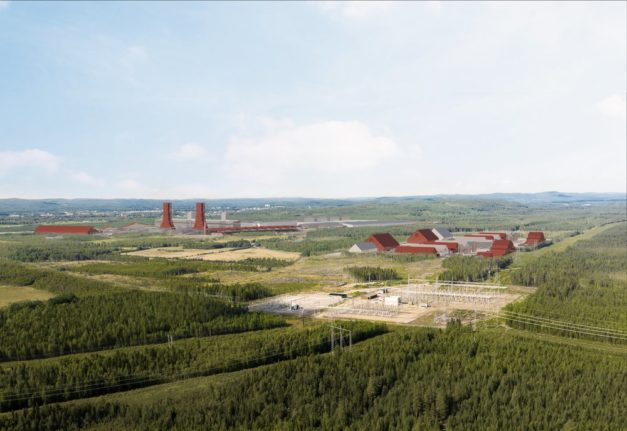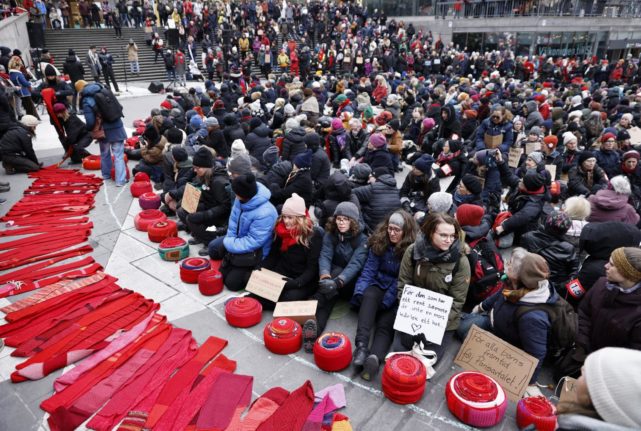Sweden’s environmental court, or Mark- och miljödomstolen, gave the company permission to start building, so long as it puts in place measures to protect the local environment and nearby communities, and also compensates for any damage done.
“It is unavoidable that establishing such a large steel work will impact on the natural environment and that species in the local area will be affected,” the judge Katarina Brodin said in a press statement. “Such a large business is also going to impact on those living near the steel plant, both while it is being built and when it is in operation.
But she the court ruled that the urgent need to cut carbon emissions from global steel production meant the benefits outweighed the possible impact on the local environment.
“The Court states…that the manufacturing process entails large carbon dioxide emissions and that it is important to take measures as soon as possible to reduce these emissions globally,” it ruled. “The company’s intention to build and operate a facility for fossil-free steel production is in line with this endeavour.”
READ ALSO:
- Can this Swedish method revolutionise the steel industry?
- New fossil-free steel plant to be built in northern Sweden
The company, which is headed by Henrik Henriksson, the former chief executive of the truck-maker Scania, aims to start production at the start of 2025, making it the first industrial scale hydrogen steel plant in the world.
The plant will be built in Svartbyn, just outside the city of Boden in Norrbotten, Sweden’s most northerly county.
The company has applied to build a plant which can produce 4.2m tonnes of hydrogen-reduced sponge iron a year, along with a hydrogen production facility which can produce 280,000 tonnes of the gas.
The court also gave the company permission to divert and damm the Lillbäcken river, and has given it a dispensation from some requirements to protect animal and plant species.
The decision only gives the company permission to start construction at the plant. The court will now consider the company’s application to operate the plant.



 Please whitelist us to continue reading.
Please whitelist us to continue reading.
Member comments